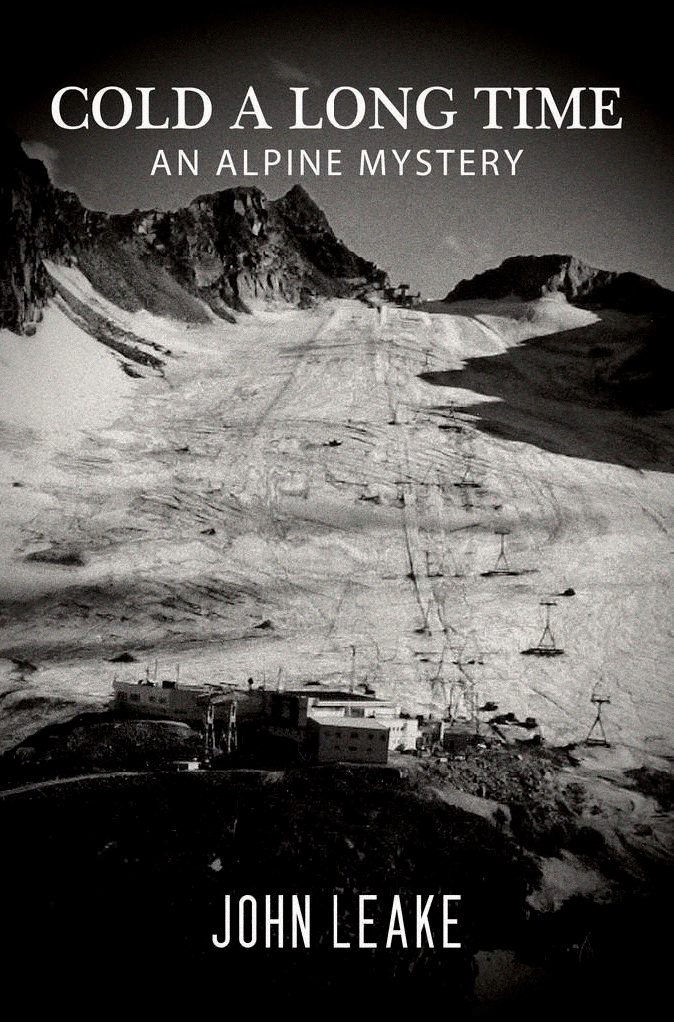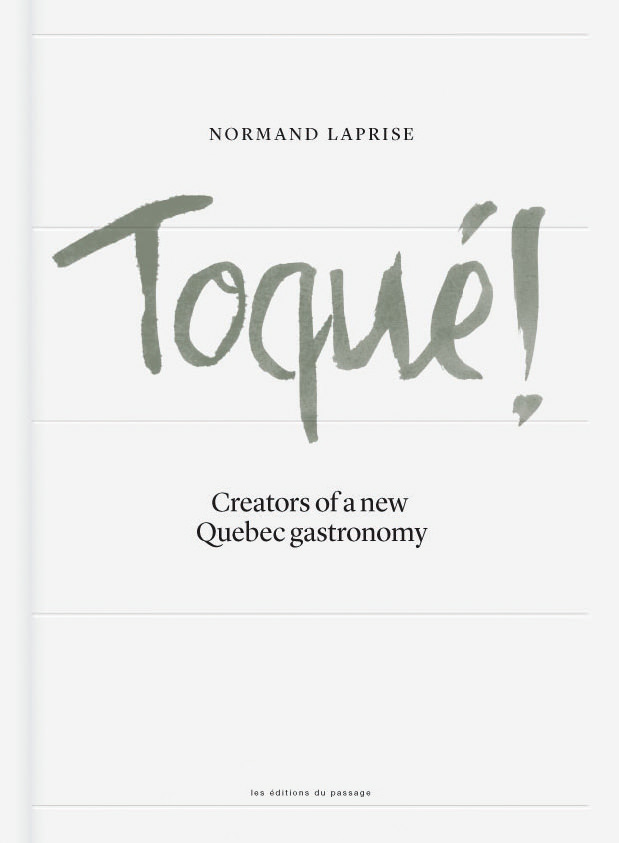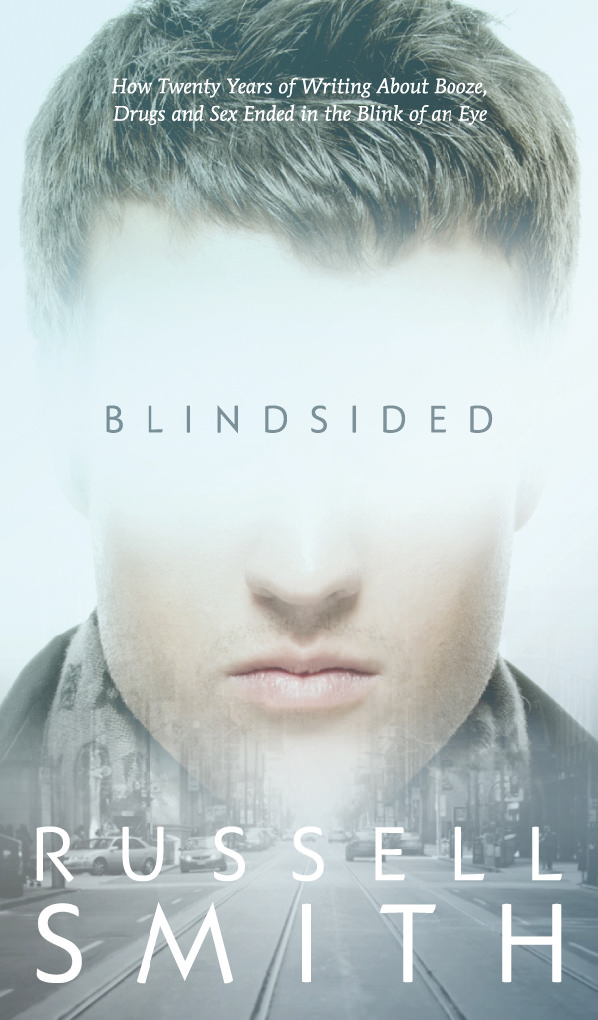Children’s Author Jon Klassen’s Book Recommendations
Braving the dark.

Jon Klassen may be one of the most popular children’s book authors working today. Best known for his Hat trilogy, the award-winning illustrator and author’s beautiful and deeply empathetic picture books have topped The New York Times best seller list. There’s an elegant sparsity to Klassen’s works—in which bears search for lost hats and turtles converse at sunset—which only emphasizes their hilarity. “When I first started writing books, my conception of the characters was almost like they were hired actors,” says Klassen says. “I can’t believe I have to do this today. I can’t believe this is my gig.”
He speaks from the Vancouver Writers Fest on Granville Island, the final stop of his international book tour for his latest book, The Skull, a reimagined folk tale in which a girl runs away from home and strikes up an unexpected friendship with a talkative skull.
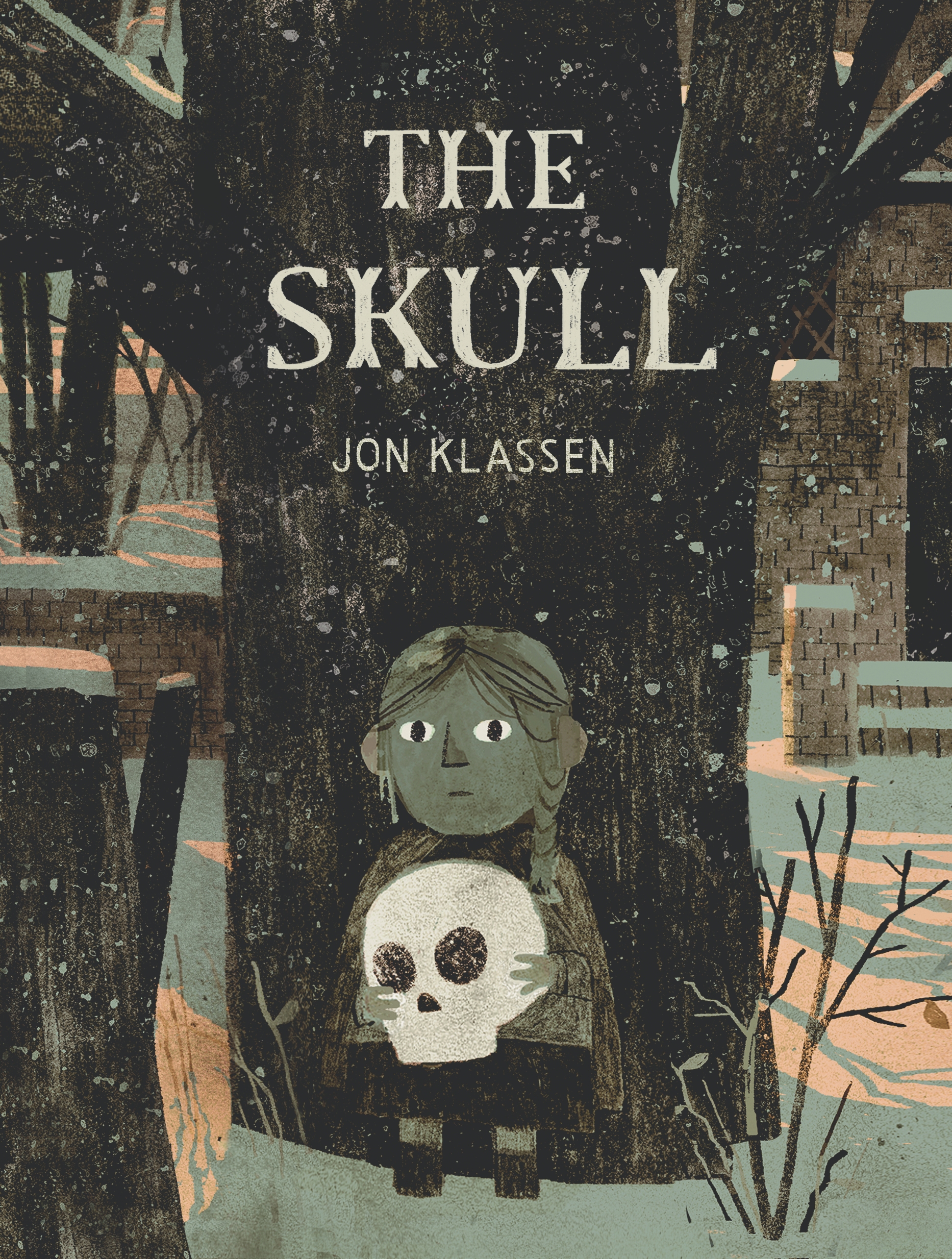

Photo by Carson Ellis
When asked about his favourite reads, Klassen’s deft emotional sensitivity has surprising roots. “I keep going back to George Saunders’ A Swim in the Pond in the Rain,” he says. Klassen has a fondness for Russian literature, and Pond pairs Russian short stories with Saunders’s analysis. “Saunders is so generous and gentle in his essays. He has an essay at the end about what we think fiction should do, or whether we think fiction should do anything at all,” he explains.
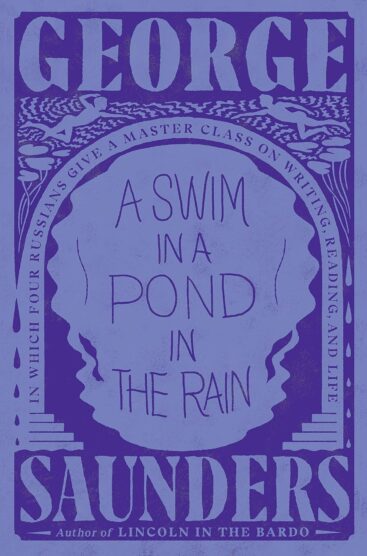
If the Russian greats shaped his sense of characterization, Klassen’s next recommendation challenged his ideas of literary structure. “I just remember it breaking my head open as far as what stories can be and how pacing works,” Klassen says of William Steig’s children’s novel, Dominic.
The dog, Dominic, packs a little bindle and exits his house, leaving a note saying he is leaving without explanation. He meets characters and helps them solve their problems, making friends along the way. After many adventures, Dominic finds a garden in the woods where a peacock shows him his destiny.
The ending completely recontextualizes the story. “Dominic leaving the house seems like a cry,” says Klassen. “The book doesn’t arc it that way. It doesn’t state a problem that then needs solving. It’s a straight line… But I remember weeping at this ending, thinking that it was the most beautiful thing I’d ever heard.”
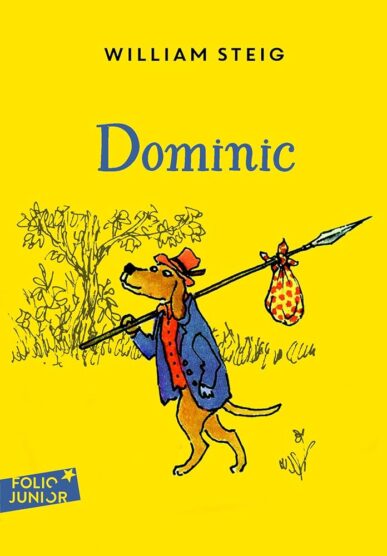
Klassen’s third recommendation is an old favourite, Cormac McCarthy’s Outer Dark, which begins with the theft of a baby. “This tinker is running away with this baby, the mother is chasing the tinker, the father is chasing the mother—and there’s this group of inexplicable demons that are tearing across the country, because they know there’s a baby on the loose and they want it. Right away, that setup is just lightning in a bottle,” he says.
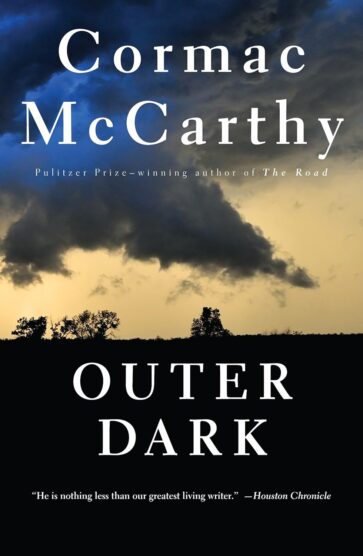
Curiously, Outer Dark shares superficial qualities with The Skull: the Appalachian landscape and, though differing in scope and extent, themes of darkness. “I was always a lot braver in than I was for everything else,” Klassen muses. His ability to find courage while reading as a child encourages him to broach scarier ideas in his books now.
Klassen suspects a bit of darkness can be validating and courage-building. “You’re telling kids it does happen and trusting that we all have the same kind of complicated feelings about how we feel. But just letting those feelings sit that way,” Klassen says with the same blend of wryness and earnestness that makes his books so special.


